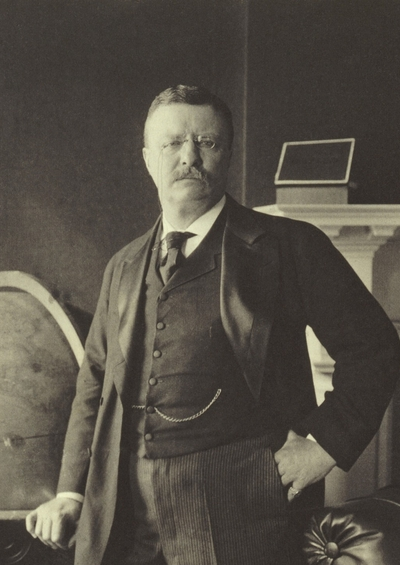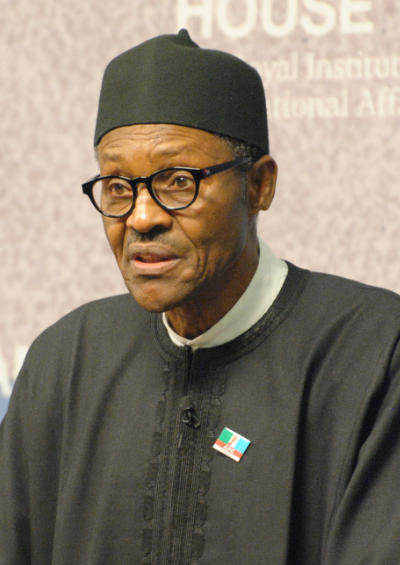Barack Obama a “Progressive”? Teddy Roosevelt Wouldn’t Agree
On Obama’s awkward efforts to defend his trade strategy.
June 1, 2015

In seeking to insulate himself against the political appeal of Elizabeth Warren, Barack Obama is currently using the word “progressive” so liberally that Teddy Roosevelt must be grumbling in his grave.
Mind you, TR, a Republican, was a real progressive. And he knew full well that a progressive is someone who consistently takes on the vast interests of big corporations – instead of siding with them and giving citizens and consumers the short end of the stick.
The progressive movement, which Teddy Roosevelt helped champion a century ago, broke up business monopolies. It also promoted fair market competition, reformed taxation and gave voters a direct say on many issues.
Furthermore, the progressive movement added protections against abusive labor practices, defended natural resources and reformed the business-captured U.S. Senate.
In this day and age, a progressive would also be someone who will make sure that trade deals are fair and balanced – instead of basically handing the keys to the trade castle to the U.S. multinational corporations, as Mr. Obama has largely done with the Trans-Pacific Partnership (TPP).
Corporate and government secrecy
A progressive is also somebody who pierces the veil of secrecy, with which large corporations have always desired to cover their tracks. Secrecy empowers these firms to proclaim that they are acting in the “American” interest, while they really just pursue their own narrow corporate goals behind closed doors.
Under Obama, 500 official U.S. “trade advisers” -– most of them representing big industry and agribusiness interests -– have participated in the trade talks, while the American public and the U.S. Congress have been kept on the outside.
Contrary to Mr. Obama’s ritualized protestations about his pursuit of the “most progressive” trade deal ever, the TPP is anything but progressive. A progressive would engage the public, instead of negotiating in the dark while dismissing the demands of public interest groups. Mr. Obama has avoided transparency like bats avoid daylight.
Teddy Roosevelt knew that he governed at a time when large corporations simply had become too powerful. He was determined to act in order to protect the basic functioning of democracy.
TR also wanted to ensure that the people’s interests were actually heard, considered and acted upon – not shunted to the sidelines, as Mr. Obama has done with the TPP.
Barack Obama seems to have forgotten that we live in the world of Citizens United, where corporations and rich people’s influence on the electoral choices of Americans is already obscenely large. They are not the ones who need help.
If ever there was a moment to propel non-business interests on a frontier as crucial as the rules for the global economy, that time is now. Mr. Obama instead is at war with an unprecedentedly diverse public interest coalition that passionately worked for his election.
At the same time, Obama has teamed fully with the very same big business titans that, equally passionately, opposed his election.
Apparently, Mr. Obama believes that, by calling himself a progressive and labeling the trade agreements he is pursuing the same way, he can cover his tracks with the wide array of Democrats opposing his trade agenda.
Yet, every American progressive organization on the horizon opposes the TPP. They oppose it because it replicates the same corporate job offshoring privileges found in the North American Free Trade Agreement (NAFTA) and the same failed labor and environmental standards used by President Bush in his trade deals.
A progressive trade agreement? Wordsmithing
Given that reality, insisting that “TPP will end up being the most progressive trade agreement in our history” – in the most benevolent interpretation — is at best an attempt to engage in focus-grouped wordsmithing.
Ultimately, Mr. Obama leaves no other conclusion than that at heart he is an unabashed corporatist, protecting the interests of large corporations. Acting in that manner is not necessarily dishonorable.
But someone like that should not wrap themselves in the mantle of a “progressive.” Progressive may have been an apt label for Mr. Obama’s presidential campaign in 2008, but it surely does not describe his actions in government.
In the end, Mr. Obama obligingly acts like the Harvard lawyer he is. He hails from an educational background and training where, the famed Socratic method notwithstanding, the real premium is not on questioning the system, but on serving it in the most steadfast fashion.
Which leaves one to wonder: Laudable exceptions aside, why do so many of Harvard’s law graduates excel in serving the establishment?
Because that’s where the money is. And that’s what it’s all about for far too many of them, whether they serve in private practice, acting explicitly on behalf of corporations, or in the Oval Office.
Takeaways
Teddy Roosevelt knew that corporations had become too powerful and acted to protect the functioning of democracy.
Obama is at heart an unabashed corporatist, protecting the interests of large corporations.
Calling himself a progressive on trade, Obama is at best engaging in focus-group wordsmithing.
Progressive may have been an apt label for Obama in 2008, but it does not describe his actions in government.

